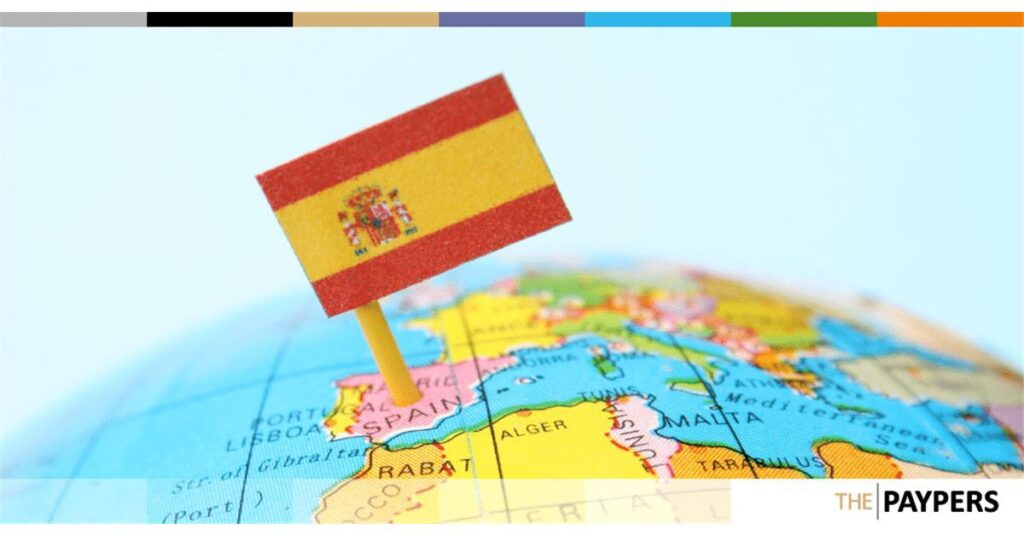New Tax Reform in Spain Aims to Regulate Crypto and NFTs

A Spanish publication has reported on the Spanish Ministry of Finance’s plans to target cryptocurrencies and NFTs with a new tax reform.
Specifically, the Spanish Ministry of Finance is proposing a tax reform aimed at strengthening its ability to seize both cryptocurrencies and non-fungible tokens (NFTs) in instances of tax non-compliance. The reform, outlined in amendments to Article 162 of the General Tax Law, seeks to authorise the local tax agency to confiscate digital assets when addressing a user’s outstanding tax debt.
Additionally, adjustments to the General Collection Regulations are suggested to facilitate the embargo of cryptocurrencies. According to crypto.news, the ministry reportedly possesses information on the crypto holdings of taxpayers, with the obligation for individuals and businesses to declare overseas crypto assets introduced this year.
Although the provided report lacks specific details on the initiative’s timeline, Spain has already distinguished itself within Europe by implementing extensive tax regulations on cryptocurrencies. For instance, taxpayers are compelled to report profits or losses related to crypto in their personal income tax filings.
Furthermore, individuals with cryptocurrency holdings surpassing EUR 50,000 must declare their assets for wealth tax purposes by March of the current year. Notably, those who rely on self-custodial wallets, such as MetaMask or Ledger, are directed to use the existing wealth tax form, Form 714, for declaration purposes.
In a related development, Spain’s tax regulator issued over 325,000 warnings in 2023 to residents who failed to declare their cryptocurrencies, marking a substantial increase from the 150,000 warnings issued in 2022.

Cryptocurrency regulation in Spain
According to Global Ledger Insights, the Spanish government maintains a cautious stance on cryptocurrencies, influenced by a commitment to safeguarding investor and consumer rights. The backdrop of financial, securities, and crypto-asset fraud cases during the recession has shaped this conservative approach. Notably, cryptocurrency does not hold legal status as money for legal tender, as established by Law 46/1998, which designated the euro as Spain’s national currency from 1 January 1999.
Addressing anti-money laundering (AML) concerns, the Spanish government enacted Royal Decree 7/2021 on April 27, 2021. This decree transposed EU directives into national law, amending the existing Law 10/2010 for the Prevention of Money Laundering and Financing of Terrorism. Of particular significance is the formal definition of virtual assets and the inclusion of new regulated entities, such as ‘providers of services regarding the exchange between virtual and fiat currency, and the custody of virtual wallets’ (referred to as ‘Virtual Currency Service Providers’) within article 2 of Law 10/2010. Consequently, all Virtual Currency Service Providers are obligated to register with the Bank of Spain’s dedicated registry for these entities.
Source link
#Spain #targets #crypto #NFTs #tax #reform





